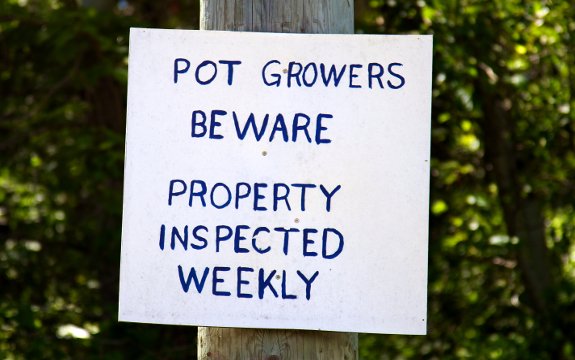4 Hidden Costs of the Drug War: How the War on Drugs Hurts Us All

 The War on Drugs has failed and may even be past the point of recovery. The United States is the most incarcerated nation in the world, and drugs are still a problem. The way this country “fights” drugs is counter-productive, creating an underground marketplace where drugs are in high demand and therefore highly valuable. But in addition to the obvious effects of the Drug War—like increased prison populations, stress on the justice system, and increased violent crime as a side effect of the drug trade—there are numerous other effects we don’t normally hear about.
The War on Drugs has failed and may even be past the point of recovery. The United States is the most incarcerated nation in the world, and drugs are still a problem. The way this country “fights” drugs is counter-productive, creating an underground marketplace where drugs are in high demand and therefore highly valuable. But in addition to the obvious effects of the Drug War—like increased prison populations, stress on the justice system, and increased violent crime as a side effect of the drug trade—there are numerous other effects we don’t normally hear about.
Eric E. Sterling of the Criminal Justice Policy Foundation and former counsel to the U.S. House Judiciary Committee penned an extensive list of these effects. Sterling explains the Drug War is more costly than we give it credit. The obvious expenses like police wages and prison costs are only the tip of the iceberg. To that list, he adds:
1. The Drug War has reduced purchasing power, impacting the number of people out shopping and spending their money. This hurts businesses as potential customers have problems finding work because of drug convictions and arrest, even when they are drug-free. The millions of people incarcerated over the War on Drugs aren’t able to purchase cars and homes while behind bars, affecting the bottom-line of everyone from car dealers to the local small business owner.
2. The Drug War has created more violent criminals, making business scarce for many who operate in communities ravaged by the war. These violent people are robbing and stealing for drugs because they are addicted and because drugs are outlandishly expensive. They aren’t getting the help they need until they are caught doing a crime, and for the victim, that’s too late.
Read: Drug War Ending Should be a Left, Right, and Center Concern
3. Insurance policies for business owners have skyrocketed as insurance companies have adjusted for retail losses that occur due to theft and shoplifting. Again, the Drug War has created a climate where addicts must steal to support a habit. This, in turn, affects the people trying to protect their product and ultimately trickles down to their employee wages and the prices they charge.
4. Housing is depressed and real estate taxes are higher in communities where the War on Drugs has wreaked havoc. In these neighborhoods, once nice homes are left to crumble as people are sent to prison. People move away when the drug market moves in and entire swaths of city blocks are left like ghost towns. This depresses real estate values and because no one is paying taxes on these homes, the tax burden on those who do pay is increased.
Not all of the effects of the Drug War are so obvious. They can’t all be covered in simple talking points where “drugs are bad and we need to punish users more”. We know that simply doesn’t work. Sterling touches on several more lesser-known effects of the Drug War and concludes:
American businesses manufacture and distribute an infinite array of products without violence or corruption while making a reasonable profit. We can apply the American way of business – the most widely admired in the world – to control the distribution and use of drugs while protecting public safety and health.
